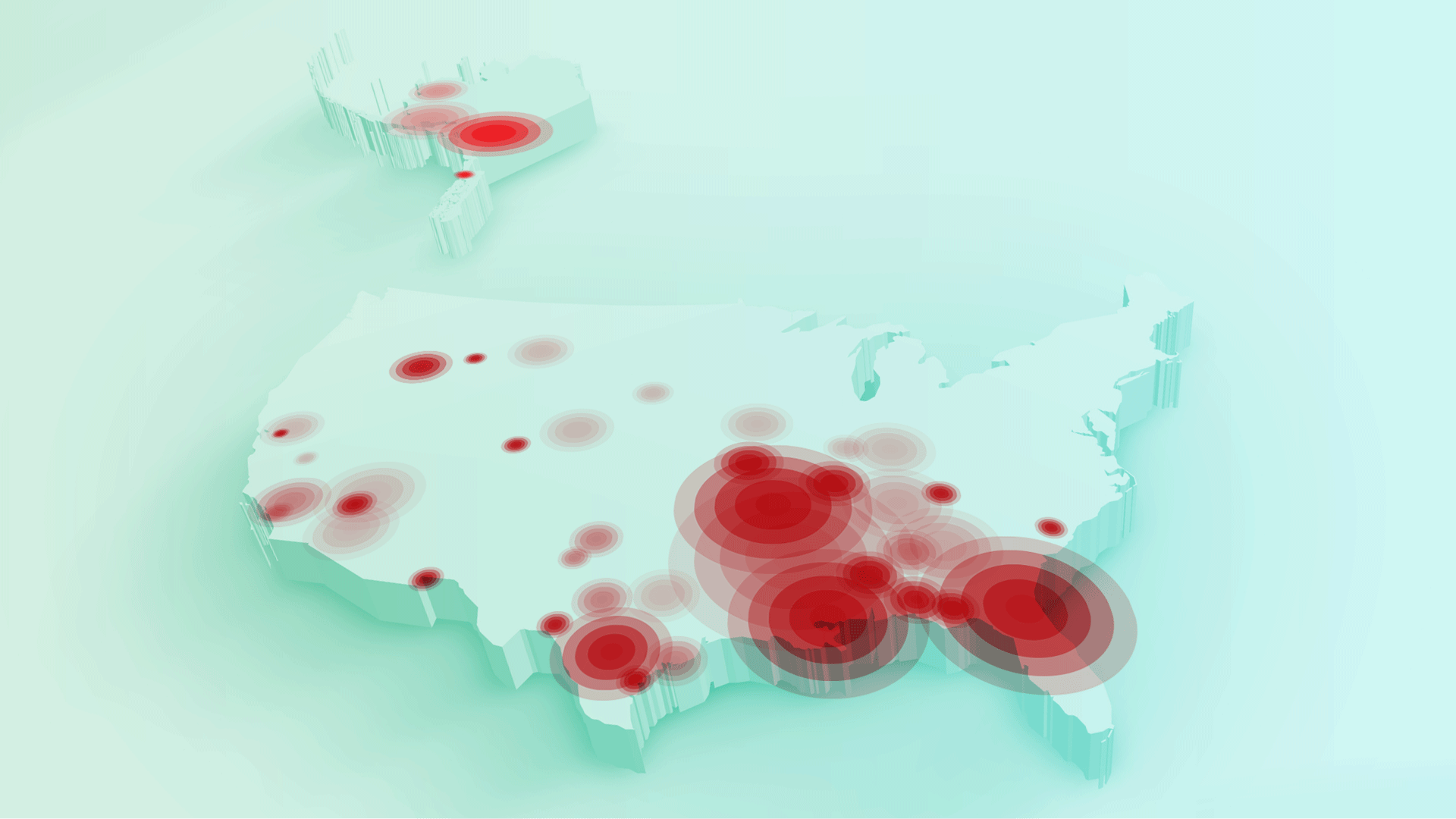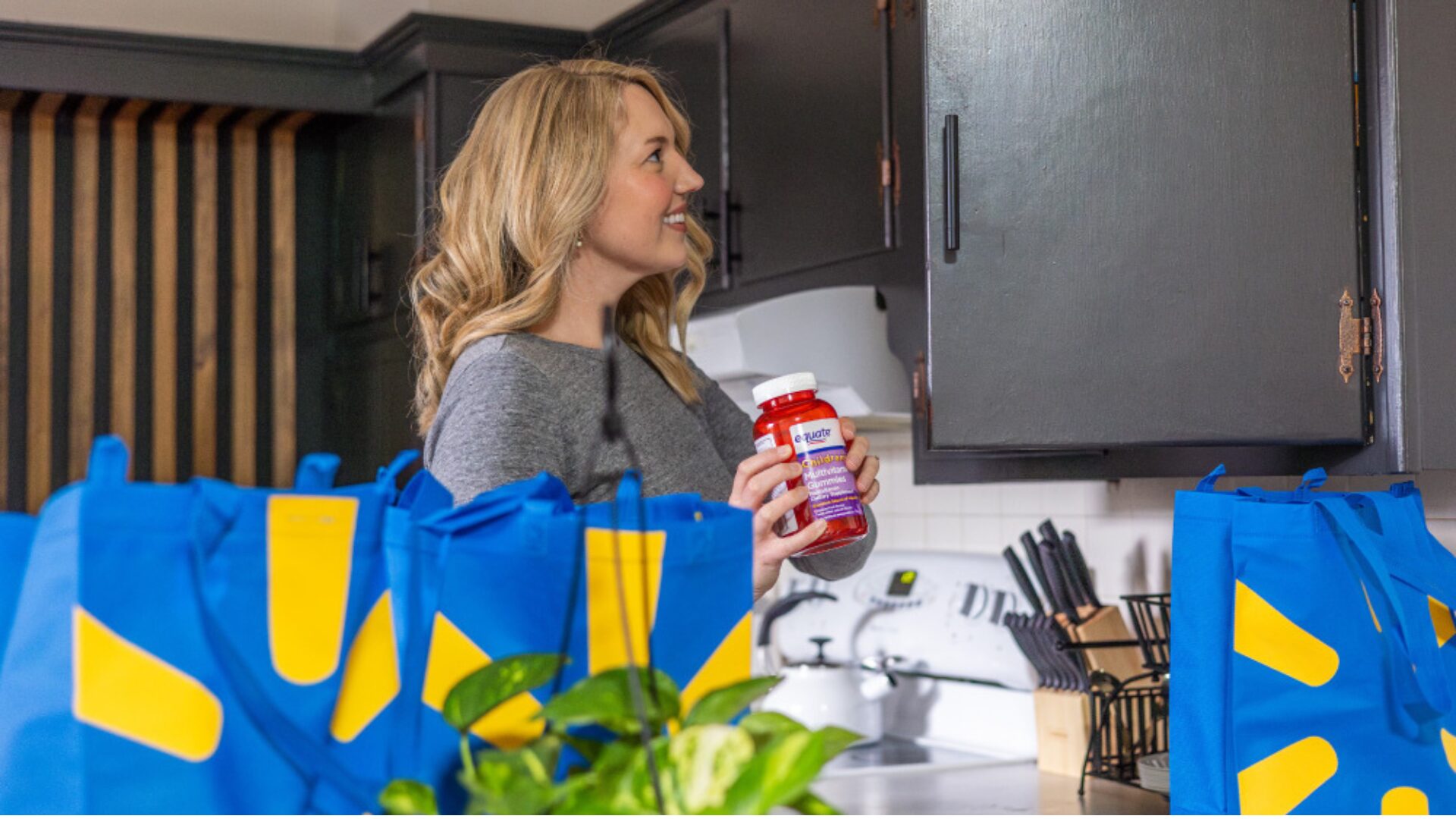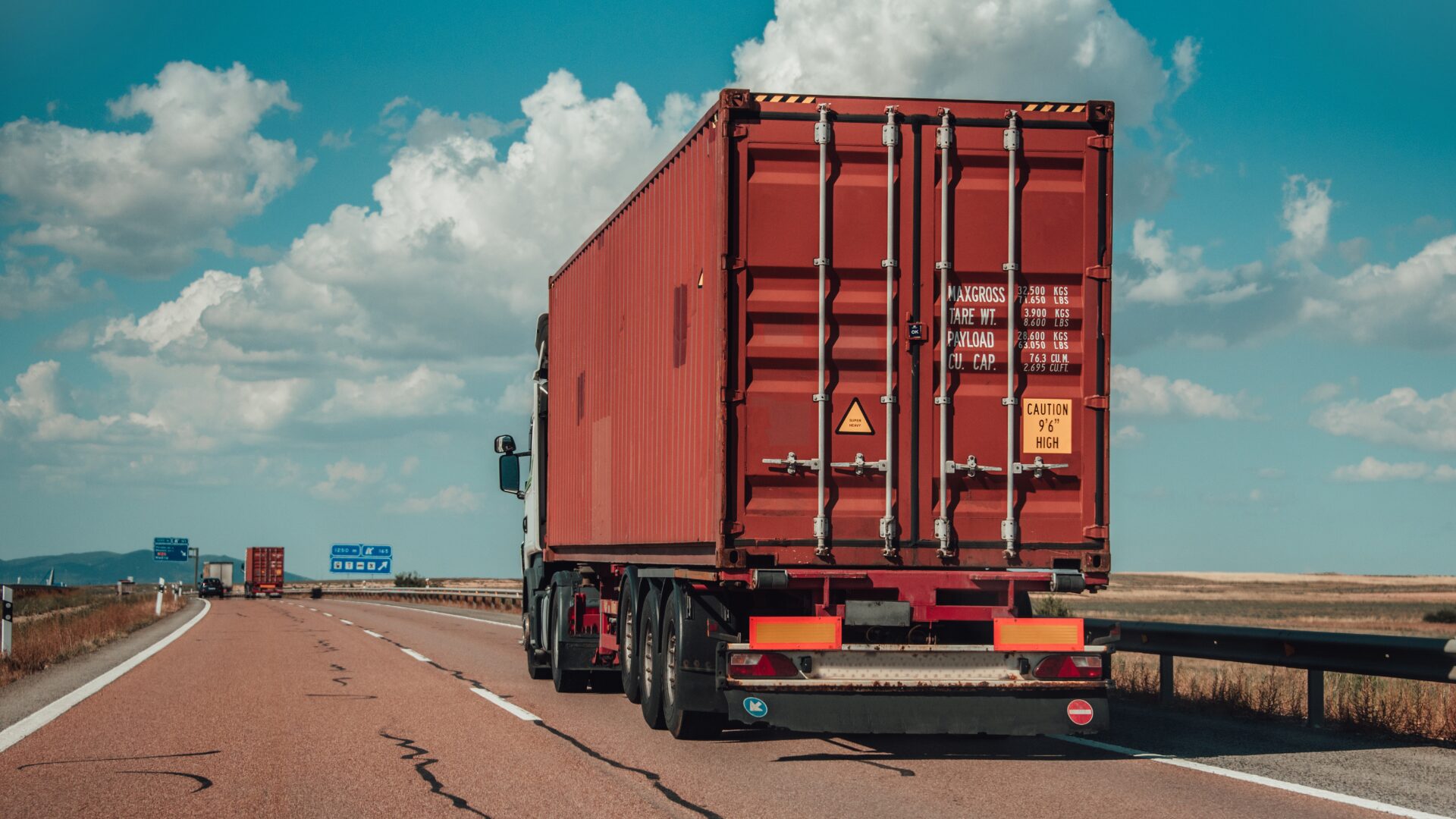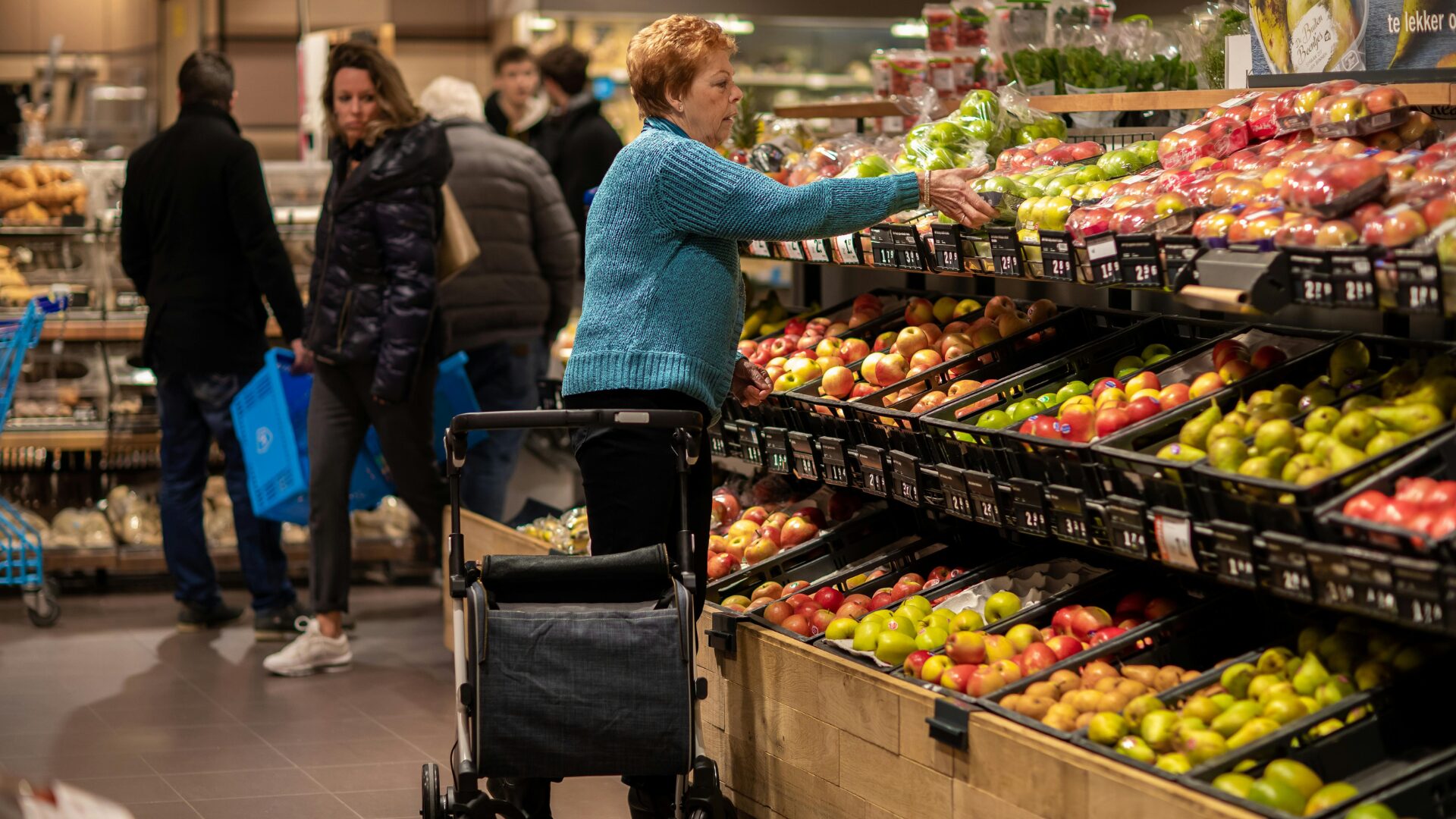A rise in cases linked to the highly infectious Delta coronavirus variant could result in a new wave of disruptions for the U.S. food industry, particularly in the U.S. Southeast.
Less than 35% of the population in Alabama and Mississippi had been fully vaccinated against COVID-19 as of July 19, according to data reported by their state health departments. Alabama had the lowest vaccination rate in the U.S. among adults, averaging about 33.4%. Arkansas and Louisiana are also among the top five states with low vaccination rates, with little more than 35% of adults vaccinated against COVID-19, according to state health data. (Tennessean, July 20).
“We have always said that this virus is an opportunist, and in areas where we still have rates of low vaccination, that is where the virus is likely to take hold,” Centers for Disease Control and Prevention Director Dr. Rochelle Walensky recently said on the Today show.
Further, White House Chief Medical Adviser Dr. Anthony Fauci on Sunday warned that the U.S. is heading in the “wrong direction” as COVID-19 cases driven by unvaccinated people continue to surge across the nation.
“I’m not so sure it would be the worst-case scenario, but it’s not going to be good. We’re going in the wrong direction,” Fauci said on CNN’s “State of Union” when asked about a model predicting that the country could reach 4,000 virus-related deaths a day if vaccination rates don’t improve. (New York Post, July 25)
With that, low vaccination rates in the Southeast could have a significant impact on the poultry industry, as new variants might lead to a fresh round of closures and labor shortages in Arkansas, Alabama and Mississippi, three of the top five broiler producing states.
A look overseas and at other regions of the U.S. may also be a harbinger of things to come for the Southeast.
Inflation concerns
A recent Food Institute study found that, among G20 economies, countries with higher COVID-19 infection rates are experiencing higher inflation – which, in turn, could reflect similar troubles for low-vaccination states going forward.
After excluding outliers, countries with high COVID-19 cases had an average inflation rate of 5.31%, and countries with low cases had an average inflation rate of 1.68%. In other words, consumer price increases among high-infection countries were more than triple those of low-infection countries. Moreover, when compared to 2019 (i.e. pre-pandemic), high-COVID-rate countries experienced an increase in inflation by 1.52%, while low-COVID-rate countries experienced a decrease in inflation by 0.28%.
French vaccine passports and Australia protests
While there are few indications (outside of California, perhaps) that the U.S. will follow France’s lead on so-called “vaccine passports” for citizens wanting to enter a movie theater, shopping mall or other venue on a widespread basis, low-vaccination countries across the globe are stepping up other restrictions, foreshadowing potential issues for low-vaccination U.S. states.
Australia, for example, has half of its population in lockdown again as the Delta variant pushes cases higher. With only 13.1% of its population fully vaccinated, thousands of citizens participated in anti-lockdown protest last weekend that turned violent.
Restrictions in other areas in the U.S.
In California, Los Angeles County residents are again required to wear masks indoors amid a spike in COVID-19 cases, most of them the highly transmissible delta variant that has proliferated since California fully reopened its economy on June 15.
“Breakthrough” U.S. infections of the Delta variant in fully-vaccinated people are also pushing some establishments to rethink reopening plans. A number of restaurants in Provincetown, Massachusetts, for example, are requiring proof of vaccination and reinstating dropped safety protocols. Another restaurant in the San Francisco area is closing temporarily in response to the pandemic-related rise in meat prices.
With these restrictions in mind, restaurants and suppliers in low-vaccination states could be facing a new round of operational challenges as infection rates rise.











